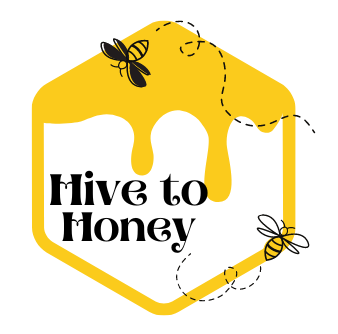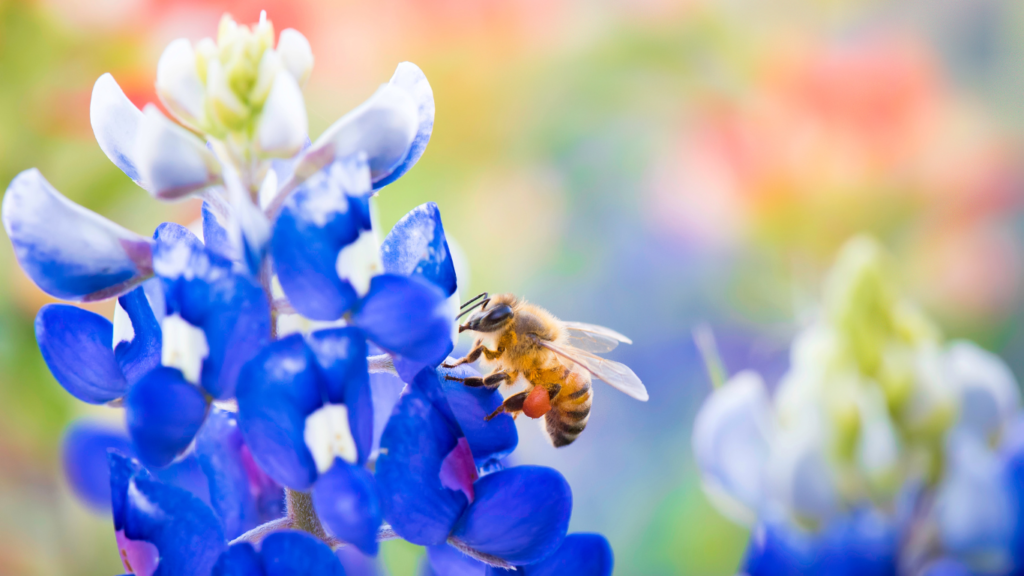When we think of bees, we often picture buzzing insects and delicious honey. However, bees play a far more critical role in our lives than just honey production. As nature’s diligent pollinators, bees are indispensable in sustaining our global food supply. In this blog, we will explore the buzz about pollination and uncover the invaluable contributions that bees make to agriculture, biodiversity, and the very foundation of our food system.
1. The Power of Pollination:
Pollination is the transfer of pollen from the male parts of a flower to the female parts, enabling fertilization and the production of fruits, vegetables, and seeds. Discover why pollination is crucial for plant reproduction and the astounding impact it has on crop production and diversity.
2. Bees: Nature’s Pollination Champions:
Bees, with their fuzzy bodies and foraging habits, are among the most efficient and effective pollinators. Learn about their unique adaptations that make them well-suited for this crucial task, including their branched body hairs, electrostatic charge, and flower-visiting behaviors.
3. Crop Pollination:
Bees play a significant role in the pollination of many crops that contribute to our diets and economies. Explore the diverse range of crops that rely heavily on bee pollination, from almonds and apples to strawberries and watermelons. We’ll highlight the symbiotic relationship between bees and specific crops, emphasizing the increased yield and quality that result from successful pollination.
4. Wild Bees and Biodiversity:
While honeybees are the most well-known pollinators, wild bees also contribute significantly to pollination. Delve into the world of wild bees and their importance in maintaining biodiversity. Discover how their unique behaviors and habitat preferences ensure the pollination of wildflowers and native plant species, supporting ecosystems and wildlife.
5. The Pollinator Crisis:
Unfortunately, bees and other pollinators face numerous threats, including habitat loss, pesticide use, climate change, and diseases. We’ll shed light on the pollinator crisis and its implications for our food system. Learn about the importance of conservation efforts and how individuals and communities can contribute to creating pollinator-friendly environments.
6. Promoting Bee-Friendly Practices:
We all have a role to play in supporting bee populations and ensuring the sustainability of our food supply. Explore practical steps and bee-friendly practices that can be implemented at home, in gardens, and on farms to provide a welcoming environment for bees. From planting pollinator-friendly flowers to reducing pesticide use, together, we can make a positive impact.
Bees are the unsung heroes behind our bountiful harvests, ensuring the availability of diverse and nutritious food on our tables. The buzz about pollination goes beyond honey; it resonates throughout our agricultural systems and ecosystems. By understanding the vital role of bees in sustaining our food supply, we can appreciate their contributions and work towards safeguarding their habitats and well-being. Let’s embrace the buzz about pollination and celebrate the extraordinary partnership between bees and the sustenance they bring to our lives.



